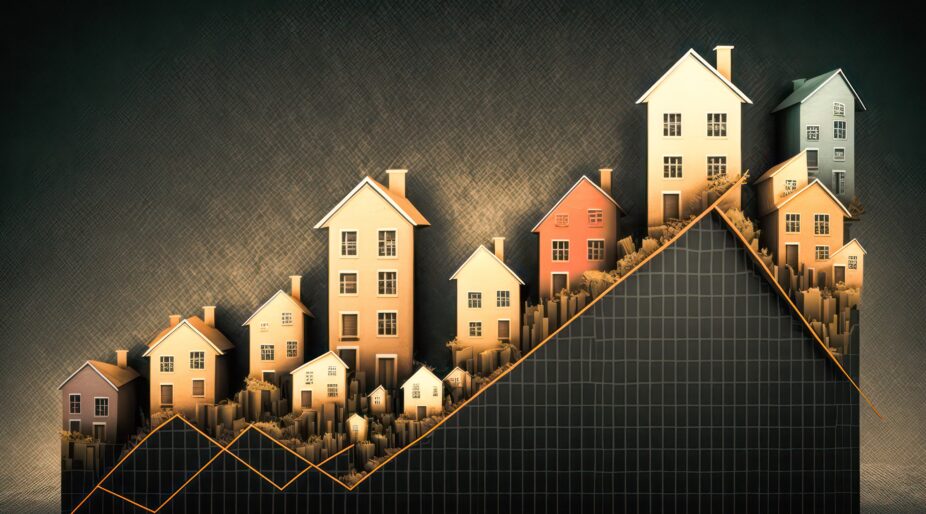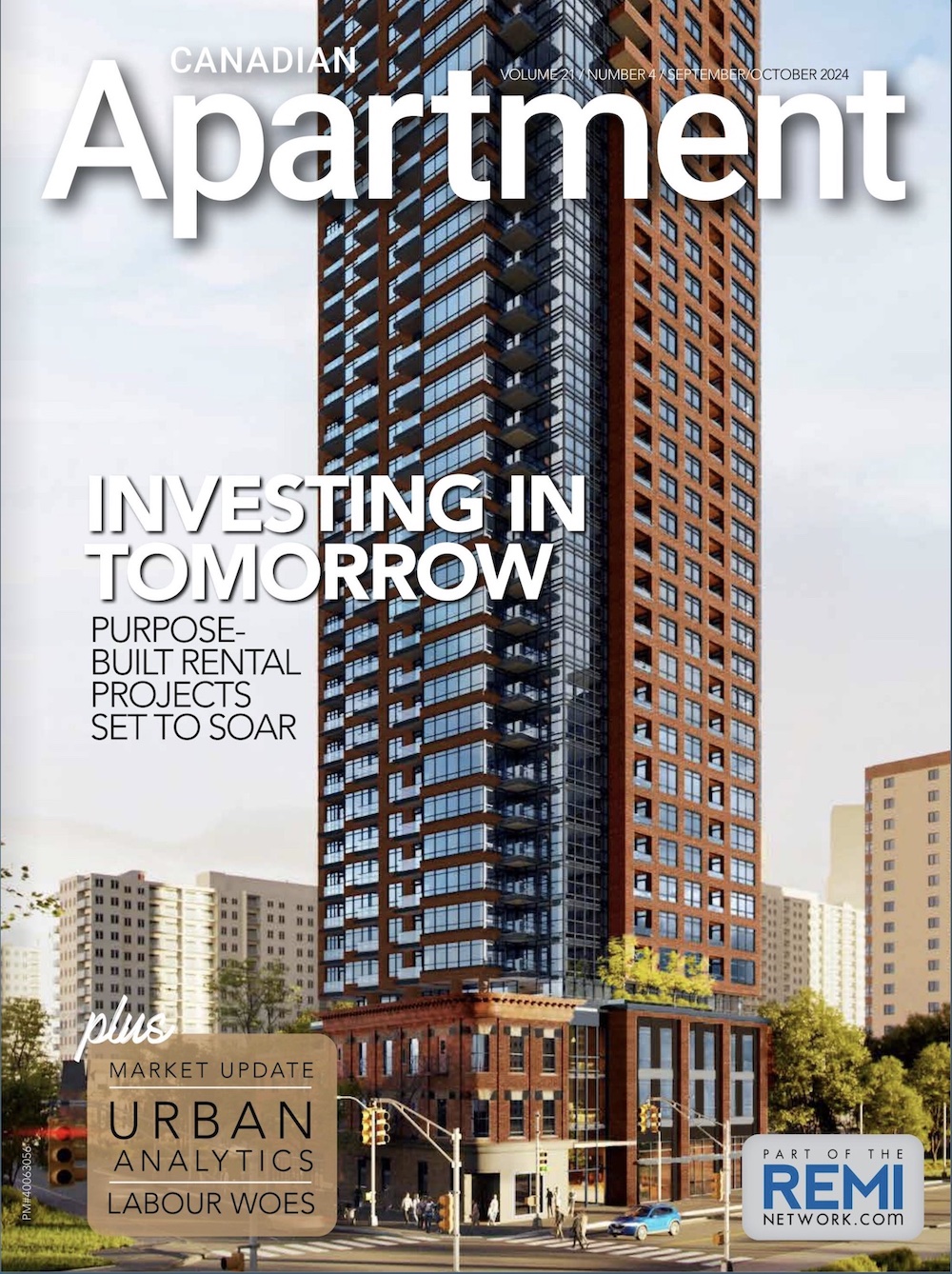According to a new study by the Montreal Economic Institute (MEI), regulatory burden is preventing Montreal’s housing supply from adjusting itself, contributing to the rapid increase in housing prices seen throughout the city.
“The more regulation there is, the longer it takes and the more it costs to build new units, thus making housing more expensive and harder to find,” says Vincent Geloso, senior economist at the MEI and author of the study. “Contrary to what the mayor claims, the market is capable of responding to demand; the City just needs to allow it to play its role.”
The study shows that the higher the index of regulation, the higher the ratio between housing prices and income tends to be. In Greater Vancouver, for example, where the index of regulation is highest in the country, a home costs approximately 14 times the average income of its residents. By contrast, Greater Edmonton has the lowest index of regulation at roughly four times the income of residents. Montreal, meanwhile, falls somewhere in the middle at around six.
Between the 1970s and the mid-2000s, however, the price of a home in Montreal was much lower, around three times the income of residents. Geloso argues that housing in Montreal today is more regulated than in 73 per cent of Canadian cities and provinces surveyed by the Canada Mortgage and Housing Corporation. Additionally, he points to a number of new regulations that have made the market more rigid, preventing it from adapting to demographic changes.
“The increase in the time required to obtain a building permit clearly shows the loss of flexibility resulting from regulation,” he says. “When it takes an average of 540 days to obtain the authorization to build in the mayor’s borough, obviously it’s the administration, not the market, that’s to blame.”
To read the MEI study, click here: https://www.iedm.org/wp-content/uploads/2024/07/lepoint092024_en.pdf






